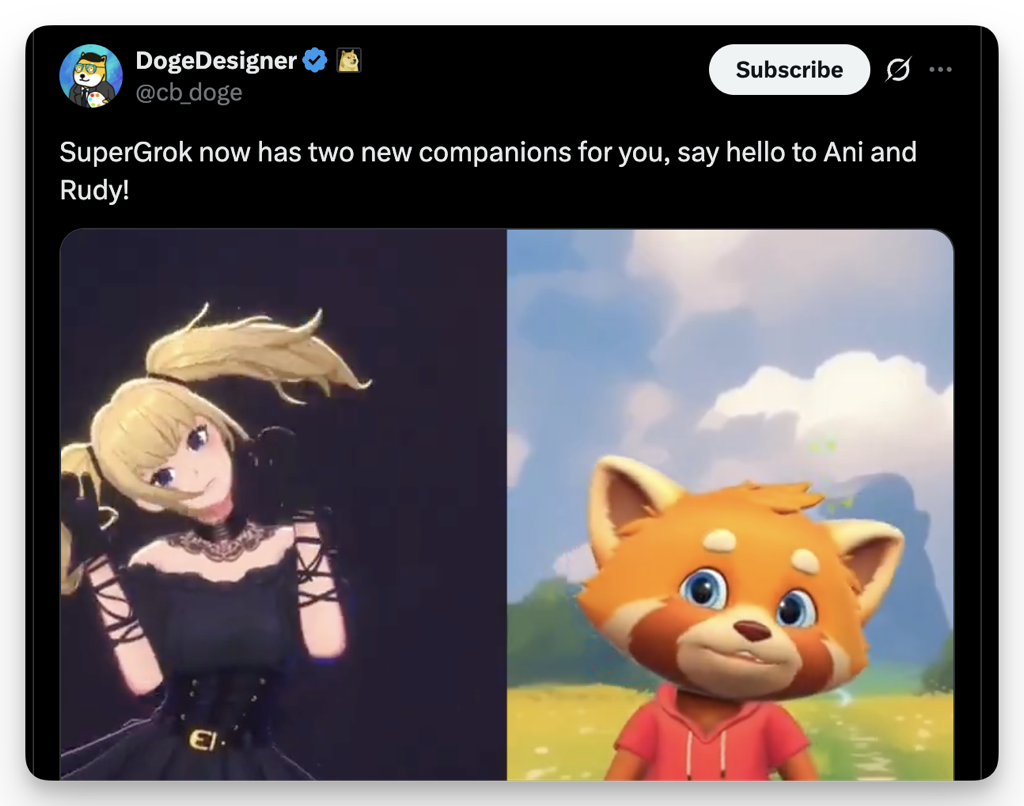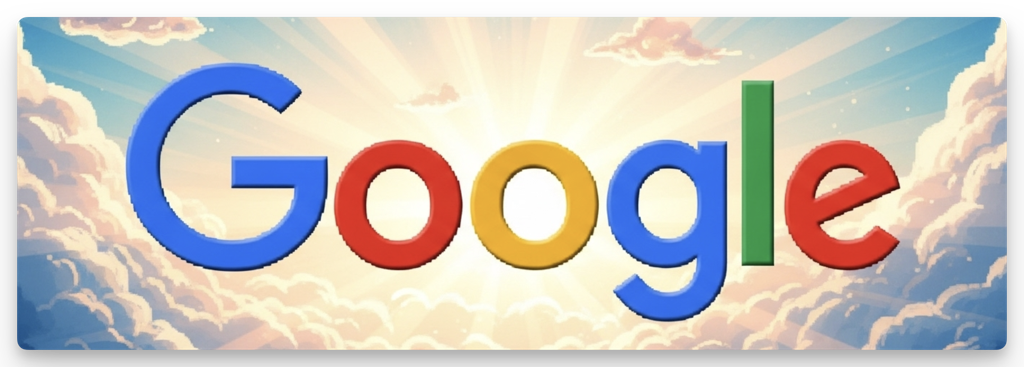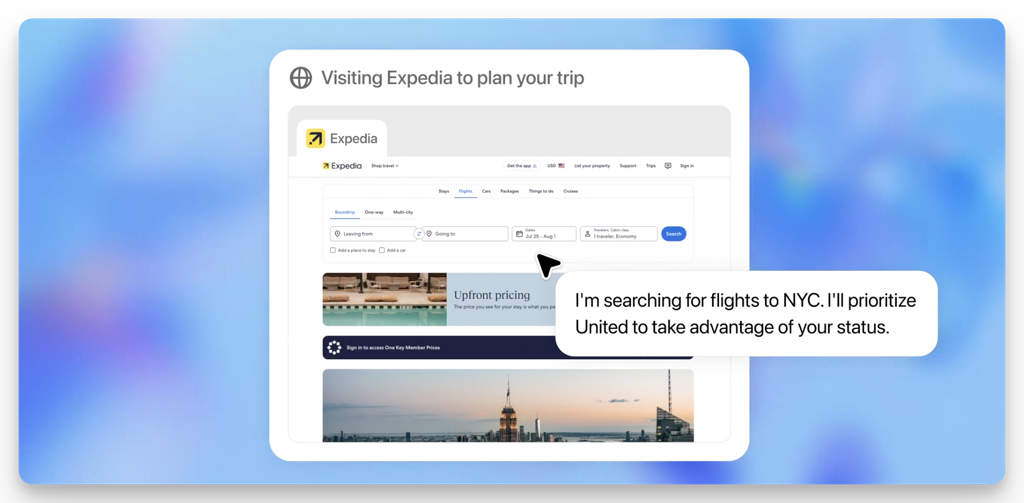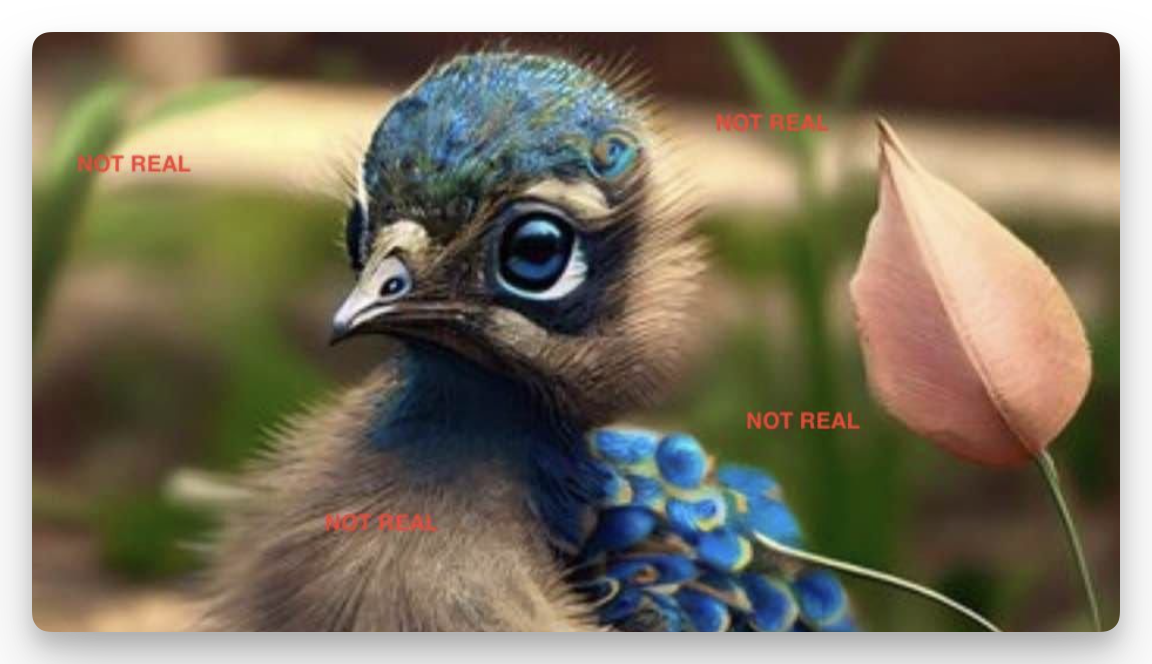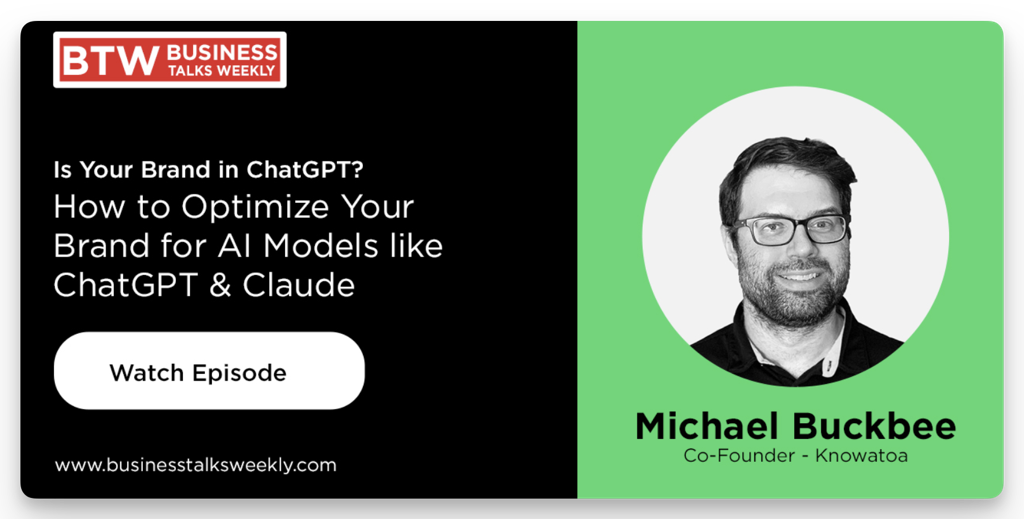Search Disrupted Newsletter (Issue 21)
Grok adds AI companions, Swiss universities open up their LLM, Google Search Live, ChatGPT Agent, and DuckDuckGo filters AI slop.
Grok gets into Character
If you glossed over Grok AI’s (Twitter -> X -> Grok) announcement this past week that they’re adding anime personalities and obnoxious anthropomorphic characters as “companions” because it’s weird internet nonsense (which it is) and also irrelevant to search marketing (which it’s not), I would 100% understand.
However, this move is part of a larger trend in the AI search space towards “companion” AI, and one where Google has already made a $2.7 billion investment in Character.ai.
If you’re unfamiliar with Character.ai, it has tens of millions of mostly young users who spend literally hours a day chatting with AI companions.
And while my professional reaction to visiting the site is just an unending stream of me muttering “wtf is this?” under my breath, they’ve undeniably tapped into something very real with a great many people.
Which brings us to today, where the ex-Google founders of Character.ai are now back at Google, working on making their search and AI experiences more like Character.ai.
We’re hurtling towards a future of search where:
- AI services are individually filtering through search results, choosing which ones they think you’d like on the fly and making personalized recommendations.
- It’s vitally important that the base knowledge about your businesses and sites is accurate and up to date in the AI services.
- Recommendations for products and services are made by AI “personalities” (either explicitly, like Character.ai, or silently, like ChatGPT’s memory features).
In the short term, you need to ensure that the AI services are aware of your brand, what you do, the problems you solve, and your key features, as a baseline.
In the long term, you need to ensure that the AI search personalities perceive your brand positively and recommend you.
Both things we are building tools for within Knowatoa.
Link: Grok’s AI Companions
A Swiss Open-Source Multilingual LLM
Switzerland’s top technical universities are launching a fully open large language model, marking a significant milestone in open-source AI development.
ETH Zurich and EPFL have developed a comprehensive LLM on the Alps supercomputer at the Swiss National Supercomputing Centre (CSCS). The model distinguishes itself through complete transparency - its source code, weights, and training data will all be publicly available under an Apache 2.0 license when it is released in late summer 2025.
This is an important distinction as many other open-source LLMs can be “openly” used with few restrictions, but both the underlying data they’re based upon as well as the weights used to train them are not.
Two versions will be available: an 8 billion parameter model for accessibility and a 70 billion parameter version competing with leading commercial offerings. The project adheres to Swiss data protection laws, copyright regulations, and EU AI Act transparency requirements.
This is in stark contrast to US commercial AI efforts, which have publicly stated that the Transparency Act requirements are unworkable.
We’ll evaluate the model (and potentially add it to Knowtoa tracking) when it is released.
Link: ETH Zurich: A language model built for the public good
Google Search Live: The New Battleground for Purchase Influence
Google’s Search Live is fundamentally redefining how brands approach search marketing and purchase decisions.
Now rolling out to US mobile users, Search Live enables continuous voice conversations powered by a custom Gemini model. However, what matters is this: it transforms search from a click-driven economy to a conversation-driven influence game. When shoppers ask for product recommendations while multitasking, they’re getting AI-synthesized answers without ever seeing a traditional SERP.
This demands a complete strategy rethink. Success no longer hinges on ranking for clicks but on being the source Google’s AI trusts when making recommendations. Brands must optimize for AI comprehension and citation, not just traditional SEO signals.
The upcoming visual search capabilities amplify this shift. Picture a shopper pointing their phone at a competitor’s product and asking for alternatives. The winners won’t have the best ad placement - they’ll be the brands whose product information and value propositions are most effectively understood by Google’s AI.
We’re entering an era where search marketing means optimizing for AI interpretation. The question isn’t whether users will click through to your site - it’s whether Google’s AI will recommend your product in that crucial moment of purchase consideration.
Link: Google Search Live transforms mobile search
ChatGPT Agent: The AI Arms Race That’s Killing Traditional SEO
OpenAI just launched ChatGPT Agent, joining Google’s Deep Research and AI Mode in a race that’s fundamentally breaking how search works.
ChatGPT Agent, now available for Pro, Plus, and Team users, doesn’t just answer questions; it also provides insights and recommendations.
It uses its own built-in “computer” desktop to complete entire tasks, browsing the web, analyzing data, and delivering finished work products. Sound familiar? That’s because Google has been heading in the same direction with AI Mode’s mixed search results and Deep Research’s comprehensive analysis features. The difference? ChatGPT Agent scored 41.6% on Humanity’s Last Exam and outperforms humans on complex data tasks.
Here’s what’s happening: we’re watching the death of traditional search interfaces.
When someone uses Google’s AI Mode or this new ChatGPT Agent to research “best project management software,” they’re not clicking through to your carefully optimized landing pages.
These systems conduct research, synthesize information from dozens of sources, and present conclusions directly.
No clicks. No page views. No traditional customer journey. The implications for SEO are brutal and immediate:
- Google’s Deep Research spends 5+ minutes analyzing hundreds of sources before presenting findings
- ChatGPT Agent goes even further by:
- Testing products directly
- Comparing features
- Creating comparison spreadsheets
- Traditional SEO elements are becoming obsolete:
- Meticulously crafted meta descriptions are much less relevant
- Click-through optimization is meaningless with no pages to click through to
We’re no longer optimizing for search engines. We’re optimizing for AI research agents that work on behalf of users.
Success means being the source these systems trust when making recommendations. The new ranking factors aren’t keywords and backlinks, but rather comprehensibility to AI, factual accuracy, and structured data that these agents can parse and validate. Welcome to the post-SERP era.
Link: ChatGPT Agent joins the AI search revolution
DuckDuckGo Now Filters AI Slop From Search Results
DuckDuckGo just gave us the search feature we didn’t know we desperately needed: the ability to filter out AI-generated images from search results.
Rolling out this week, the privacy-focused search engine now features an “AI images” dropdown that allows users to hide AI-generated content. The filter relies on manually curated open-source block lists from uBlock Origin and others. While DuckDuckGo admits it won’t catch every AI-generated image polluting the internet, it should significantly reduce visual noise.
The timing couldn’t be better. Remember the “baby peacock” debacle from last year? Google search results were so overrun with AI-generated images of these birds that finding real photos became nearly impossible. While Google has somewhat addressed the issue, AI slop continues to contaminate search results across all platforms.
What’s particularly smart about DuckDuckGo’s approach is its simplicity. This isn’t a complex AI detection algorithm or machine learning solution. It’s just a straightforward filter using community-maintained block lists. Sometimes the best solution is the most obvious one.
For search marketers, this signals growing user frustration with AI-generated content, which could reshape how we think about visual search optimization. As more platforms offer similar filtering options, brands that heavily rely on AI-generated imagery might find their visibility declining. The message is clear: authenticity still matters, especially when users are actively choosing to filter out the artificial.
Link: DuckDuckGo introduces AI image filtering
Thanks
Thanks this week to the fine folks over at Business Talk Weekly for having me on their show to talk about the future of AI SEO and how we’re building to get there.

p.s. It would really help me out if you could Follow me on LinkedIn
